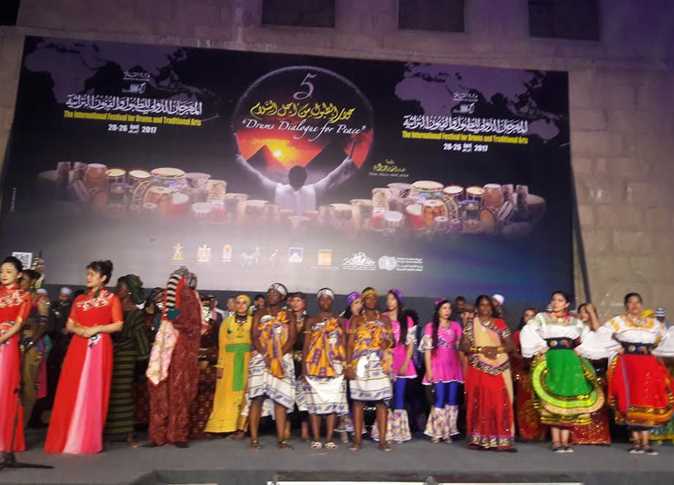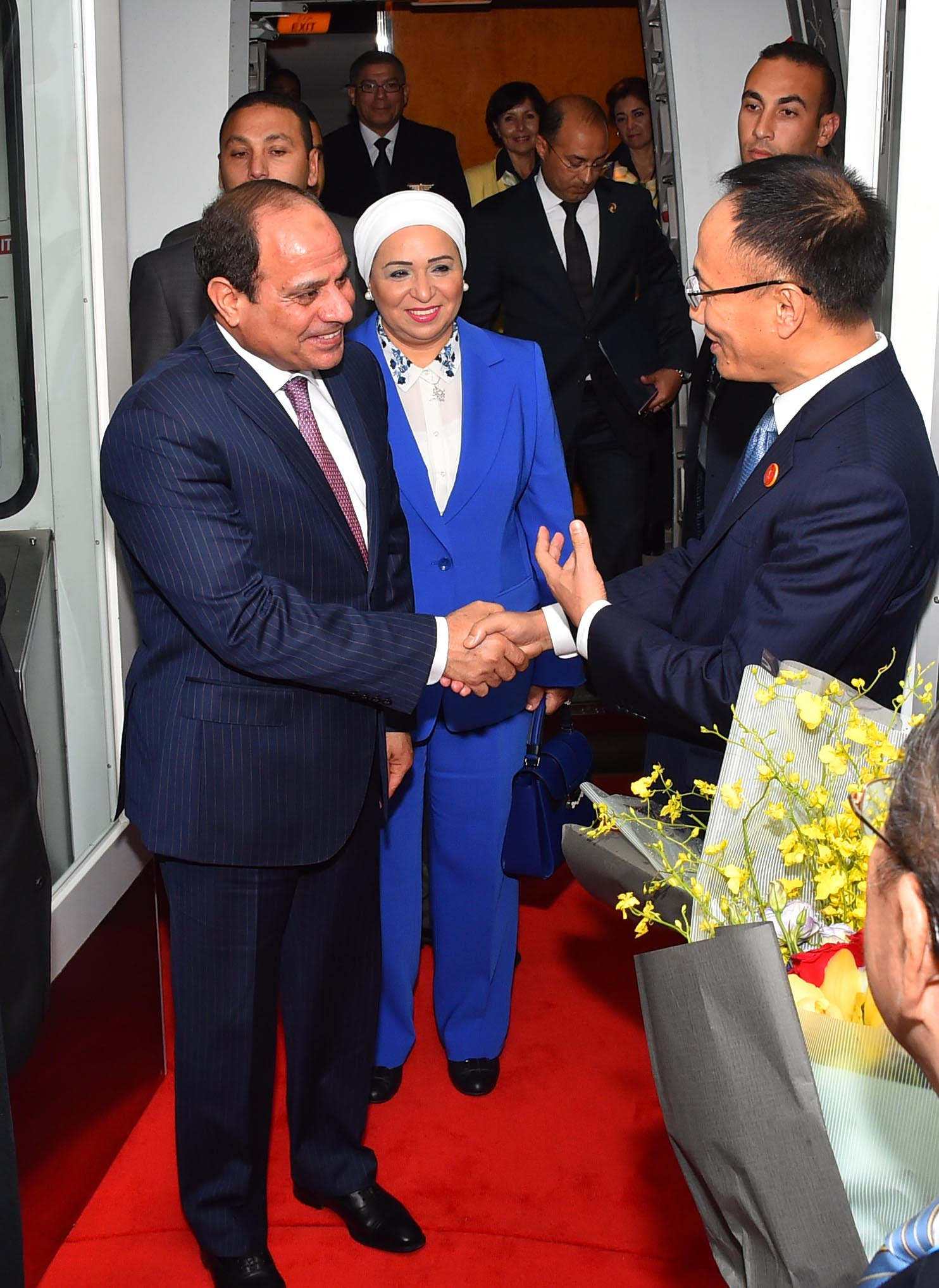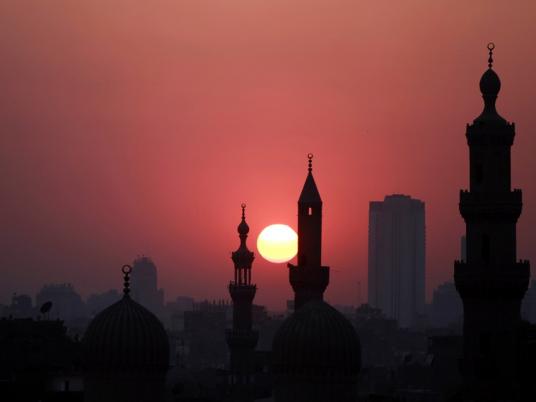Thirteenth century Sufi preacher and poet Jalal Eddin al-Rumi praised Samaa – sessions devoted to listening to dhikr (which means "rememberance") music, often accompanied by dance – as a means of training his disciples; Samaa could help clear the mind from worldly distractions, he believed, and of the practice he wrote:
Like ardent lovers, he discerned in the sound of the rebeck, the image of God’s call to man.
The lament of the clarion and the threat of the drum bear a faint resemblance to the universal trumpet.
That is why philosophers say that these melodies are derived from the turning of the spheres.
What people sing with bandore and voice is the sound of the heaven’s revolution.
(Translated by William C. Chittick in "The Sufi Path of Love")
For Rumi, however, music and dance were primarily inward states, reflected in the outward world as only secondary phenomena. The Samaa International Festival for Sufi Music and Chanting that ended on Thursday night takes Sufi dhikr to the performative and worldly realm. The effect of the musical performances on the festival's growing fan base can only be described as uplifting.
For 11 consecutive days, the festival’s director, Intissar Abdel Fattah, has been leading over a dozen bands from the Middle East, Asia, Europe and the US as they perform every night in the courtyard of the historic Ghouri Dome. A key characteristic of the performances has been the workshop setting. Every night, after the bands wave their audience goodbye, they convene from midnight to dawn, experimenting with ways to harmoniously blend the different styles of spiritual music.
“I would have an overall vision in mind, then we would work through it and fine-tune it together throughout the night,” Abdel Fattah tells Al-Masry Al-Youm after the show. “There’s, however, room for improvisation on stage, like what happened tonight. I would wave to one group to start singing along with another. Whereas I guide them in terms of timing and tempo, they decide how to join the others spontaneously,” he adds.
At first, it was mostly the Egyptian Samaa musical ensemble (comprised of the Samaa Group for Sufi Music and Chanting, the Coptic Hymns and A Cappella Choirs) that sang along with the Indonesian Dai Nada and Norwegian folk singer Unni Lovlid. Indonesian chanter Nur Akhyari led the way with the song “Dhikrok bayn al-nafs wal nafassi” (You are remembered with every breath).
It seemed difficult, though, for the nuanced music of the Indian Qawwali group, led by singer Chanchal Bharti, as well as the Andalusian melodies of Uis Delgado, to play along with the other bands; indeed, Bharti repeatedly sang solo. Yet halfway through the show, Abdel Fattah waved to Delgado and the rest of his band sitting on the left side of the stage to join in as Bharti sang. A few seconds later Lovlid followed suit, and then every other band simultaneously chanted in praise of God, albeit in different languages.
The shattering sound of applause from the excited audience echoed in the courtyard as soon as the song ended.
“You should congratulate yourselves, as well,” Abdel Fattah told his audience. “This was an improvised session, inspired by your passion for the music.”
The festival’s four workshops have been a great success, with each being just as unique as the last. Several bands lauded the experience as highly rewarding.
"We've participated in several international workshops before, yet none were of this size and rigor," said Shanak Mohamed, a member of the Algerian Issawi Sufi Musical Band of Constantine.
In fact, the Issawi Band has requested Algerian Culture Minister Kalida Toumi to invite Abdel Fattah to conduct similar pieces at Algerian music festivals; preparations to do so are currently under way.
The ceremony closed by recognizing Sheikh Ali Mahmoud (1887-1946), a lead Egyptian Sufi chanter, and Ibrahim Ayad, the lead chanter at the Coptic Church.
As the audience walked out to Khan al-Khalili, one piece of good news that kept them excited was the announcement that next year, at least the opening and closing ceremonies of the festival would be held at the Cairo Citadel to accommodate its growing fan base.



